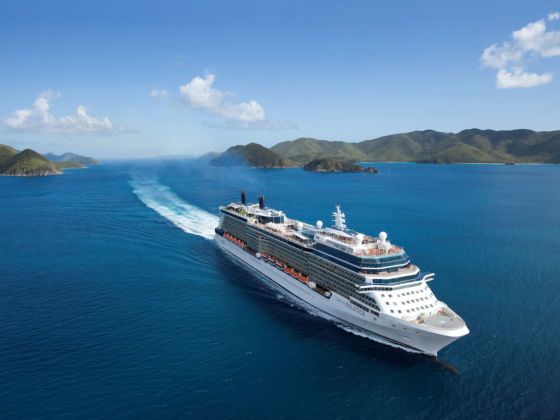The line between legitimate concern and paranoia is a fine one, and in the close confines of a cruise ship, that line gets broken pretty easily. Surrounded in small quarters by thousands of strangers from all over the world, the thought of even a tiny pathogen in the air can send people into an all-out panic. And when COVID-2019 — aka the coronavirus — is leading the evening news every night, well, imaginations can run wild.
On cruise ships, it’s not a completely unreasonable fear. Last year the Centers for Disease Control identified 10 outbreaks of other illnesses aboard cruise ships. And when stories of the Diamond Princess — where 691 passengers have contracted coronavirus after the ship was quarantined off the coast of Yokohama, Japan, on February 3 — hit the news, it seemed avoiding cruise ships for the foreseeable future is a wise idea.
But is it really? Granted, cruise ships can spread germs faster than, say, locking yourself in your home. But should we really be concerned on a ship that only shuttled between Miami and Nassau?
